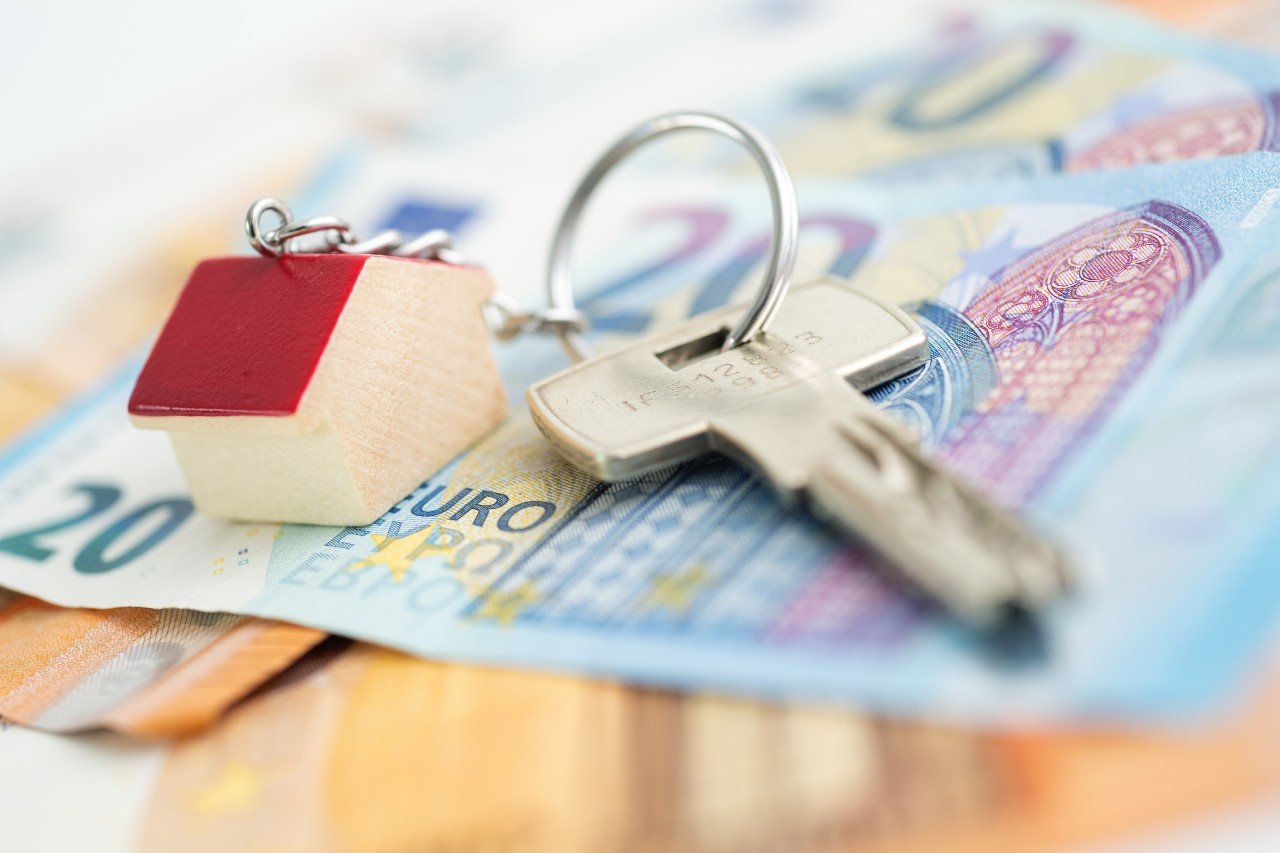Buying a home is often the biggest purchase people make in their lives, so it pays to do plenty of homework before signing on the dotted line for a mortgage. Unlike countries such as the United States or Britain, Germany has never been a country with a high level of home ownership.
Nevertheless, Germany has one of the most sophisticated banking systems in Europe and consumers should weigh up their options carefully before taking out a home loan. Price comparison websites enable consumers to compare the prices of mortgages offered by a variety of leading providers.
While mortgage providers in Germany do not offer borrowers tailored English-language products, lenders such as Commerzbank, Deutsche Bank and ING DiBa all employ customer service staff with good English language skills.
“Deutsche Bank became very strong over the past two years as a mortgage lender, but also ING-DiBa, Europe’s largest online bank,” said Marcus Preu, deputy editor at price comparison website Biallo.de.
Compared with the mortgage markets of countries such as the US and UK, lenders in Germany require borrowers to stump up large down-payments, which can be as much as 40 percent of the value of a property.
Monika Arens, a spokeswoman for Commerzbank, said customers should have between 10 percent and 20 percent of the property purchase price. “Depending on the loan constellation and rating of the client, a smaller deposit or no deposit can also be sufficient,” she adds.
Arens said that there were no concrete rules governing the size of a mortgage loan in relation to a borrower’s income. “The granting of a loan will be decided for each client individually. This decision is based on the intrinsic value of the real estate, the total wealth of the client and his or her disposable income,” she said.
But borrowers should scrutinise mortgage offers for ancillary fees and charges.
“Sometimes banks charge ‘estimation costs’, which should be refused. Normally all fees are included in the effective interest rate. At the moment it is possible to borrow €100,000 for a period of ten years at a cost of about €320 to €350 per month,” said Preu of Biallo.de.
Property essentials
Taxes on property purchases, known as Grunderwerbsteuer, vary between 3.5 percent and 5 percent depending upon the German state where it is levied. Navigating the legalities of buying a property in Germany is not easy, especially for those who cannot speak German. This usually makes using an estate agent a sensible choice but fees for agent services are typically 6 percent of the purchase price – plus value added tax.
All property purchases in Germany have to be done under the supervision of a notary. He or she will observe both the buyer and seller signing the contract for the purchase of the property and charge a notary fee of 1.6 percent of the purchase price. A so-called Notarkonto account can also be used to transfer funds from buyer to seller, but this will cost an extra notary fee.
Prospective property buyers who sign up with an estate agent should check that the agent provides a full legal service. Buyers need a local lawyer to do the paperwork, which includes the land registry (Grundbuch), purchase contract (Kaufvertrag) and building declaration of partition (Teilungserklarung). The land registry will disclose if the property is free of encumbrances (such as old mortgages). Buyers whose estate agent fails to provide legal assistance will have to find a lawyer, who may exact a costly fee.
Only once a buyer has been listed in the Grundbuch, usually carried out at the local Bezirksamt, is he or she the legal owner of a property.
But prospective homeowners should be aware that making a mortgage payment is not the only monthly expense. If you own a flat in an apartment building, monthly fees called Hausgeld will cover water, heating costs, rubbish collection and general upkeep. They can easily add up to a few hundred euros a month depending upon the size of the property.
It is also quite common for homeowners in Germany to be liable to pay for maintenance work on the street where a property is located. The contract on the property purchase should disclose whether a homeowner will be liable for such additional charges.
Schufa credit report
When an application for a mortgage is made in Germany, the bank will contact Schufa, a credit and loan data repository. The bank will request a copy of the mortgage applicant’s Bonitätsauskunft file, which holds comprehensive details of a consumer’s credit rating.
If a prospective mortgage applicant does have an unpaid debt recorded on file, the bank could refuse the mortgage application. In such circumstances, a borrower rejected for a loan can apply for a copy of his or her Bonitätsauskunft by visiting www.meineschufa.de. An English language form is available for non-German speakers.
Once completed, the form should be sent to Schufa with a fee of €18.50 and a photocopy of an applicant’s passport which is required as a form of identification for both German and non-German citizens.
However, while a Schufa report does play an important part in determining whether a mortgage application is rejected or not, it does not play as an important a role as in other countries such as the United States.
“In America a credit reference bureau holds much more data on consumers, including information on how much he or she earns. This is not the case in Germany. So a bank considering a mortgage loan application may be more interested in how much a borrower earns, who their employer is and the size of his or her deposit. In Germany, this information is gathered by the bank itself,” said Schufa spokesman Christian Seidenabel.







 Please whitelist us to continue reading.
Please whitelist us to continue reading.
Member comments